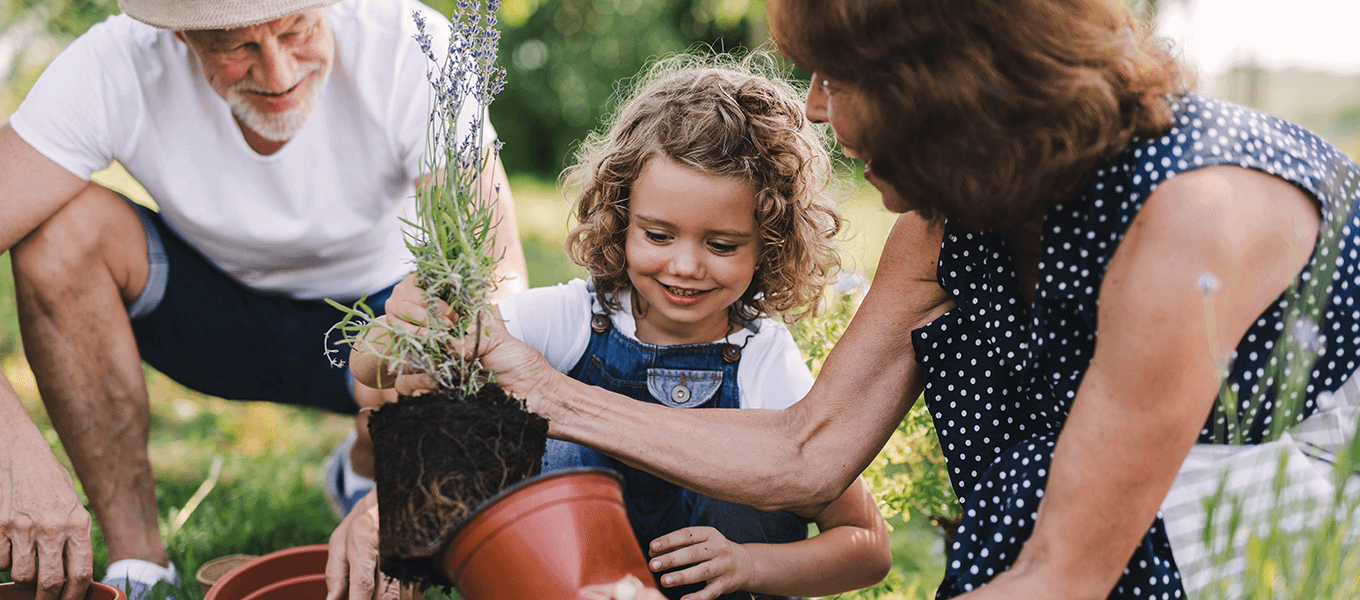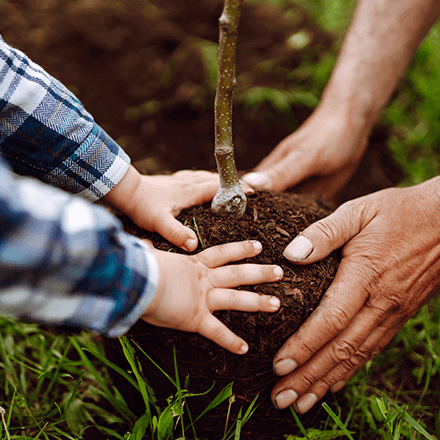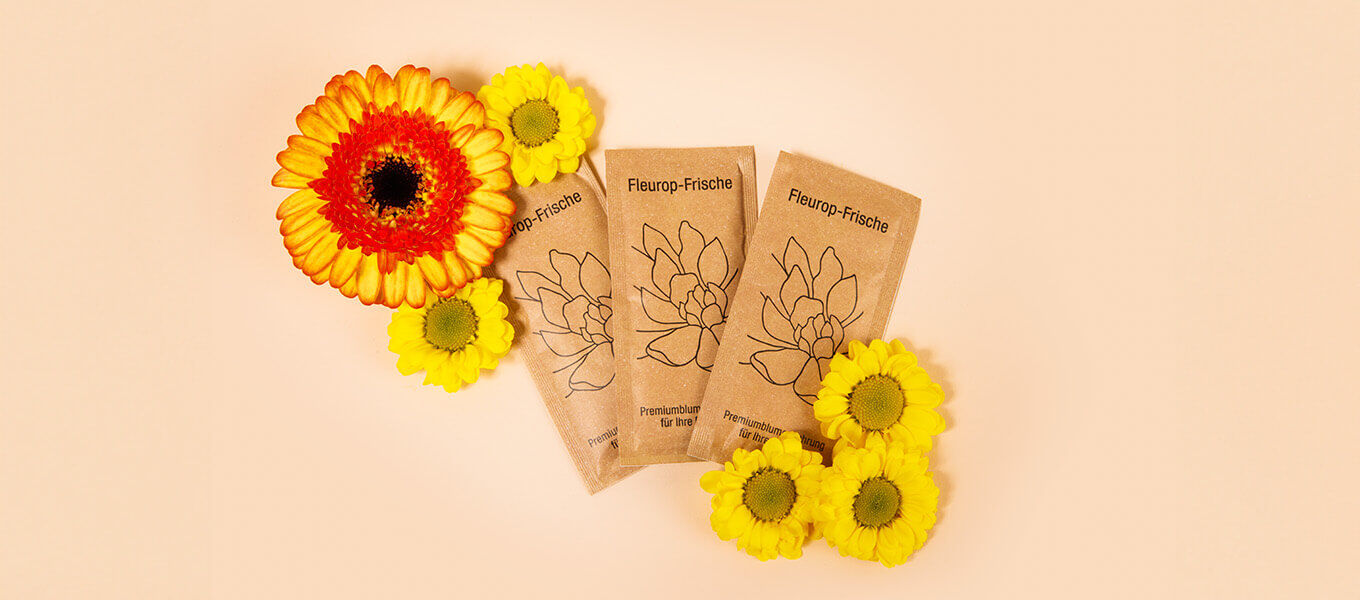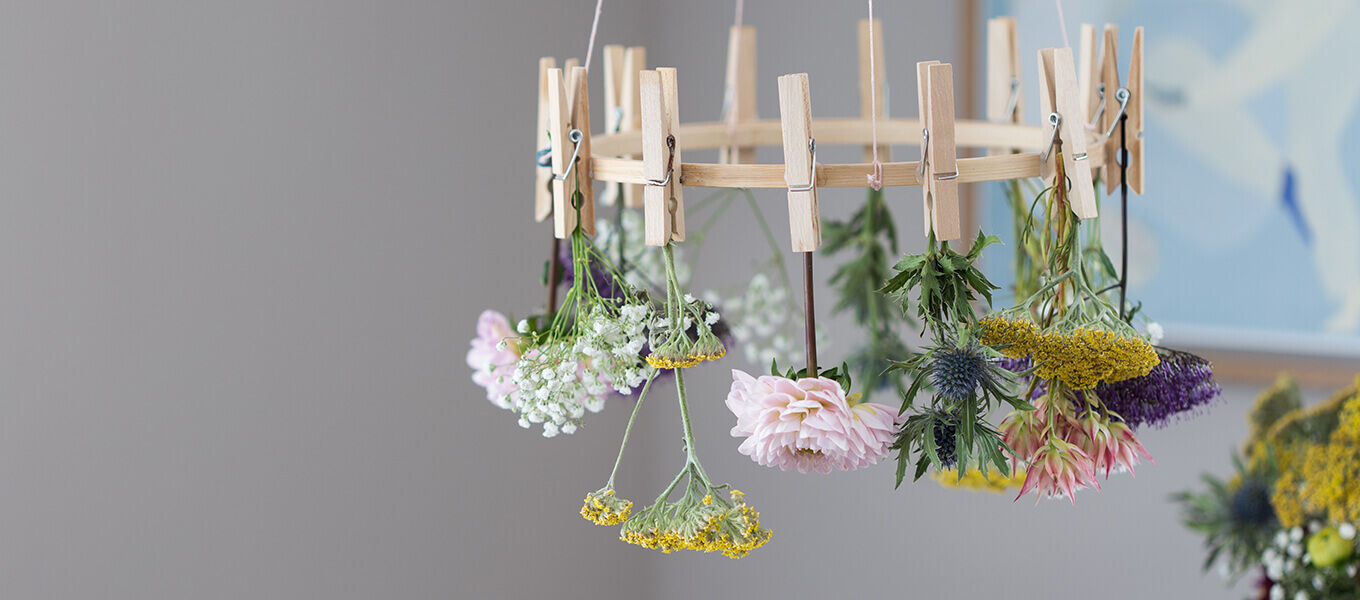
Tips for gardening with kids
Now get out! Children are curious. They love to take things into their own hands - and of course to dig and mud. So what could be more natural than gardening with them? Whether in your own patch or on the balcony: it connects, is fun and good for body, mind and soul. Digging, harvesting, enjoying: children love to garden. Anyone who has ever watched them do so can confirm this. You just have to let them - because unfortunately children today often spend a large part of their free time indoors, in front of screens of some kind, without fresh air around their noses and with few sensory experiences. Yet it is important to give children an understanding of the interrelationships in real nature, writes Dorothea Baumjohann in her book "Garden Projects with Children". She advocates giving city children in particular the opportunity to really get to know nature and to become familiar with it. This is the only way to develop a close relationship with it, which also shapes the children for later. This has many advantages: For example, when something has grown on their own patch - and only through the care of the children - the little ones suddenly eat vegetables that they would otherwise turn up their noses at. And even plants that cannot be eaten, but only look nice or smell good - lavender or sunflowers, for example - can inspire the youngsters.

Experience nature from the beginning
Even the youngest children can get involved in gardening: From the age of about two, a child can help plant bulbs and water various plants. At the age of three, they can use a small rake to loosen the soil and pull weeds - all under adult supervision, of course. Parents should be careful not to overtax their children and to achieve success as quickly as possible. Peas, tomatoes and pumpkins, but also sunflowers, spinach, courgettes and radishes grow particularly quickly. Older children from the age of about ten can also take care of their own beds, where they should look after the plants largely on their own. This trains their sense of responsibility.
Gardening on the balcony
But you don't necessarily need a garden bed to garden with children. Even on a balcony you can grow herbs, carrots and radishes, tomatoes or strawberries. There are mini greenhouses with small pots for this purpose in specialist shops. In most cases, however, only good nutrient soil is needed to make the plants grow. Children should be able to reach the pots on the balcony without help so that they can really do their job of looking after the plants. If you put newspaper under the pots, you don't have to worry about water dripping on them or soil falling down.
Gardening is educational!
- it engages all senses
- it teaches patience
- it promotes knowledge about food and interest in healthy foods
- it helps children to improve fine motor skills
- it introduces science in a playful way
- it teaches responsibility - also towards the environment
- it strengthens family cohesion because you create something together
- it teaches children about the cycles of life
















